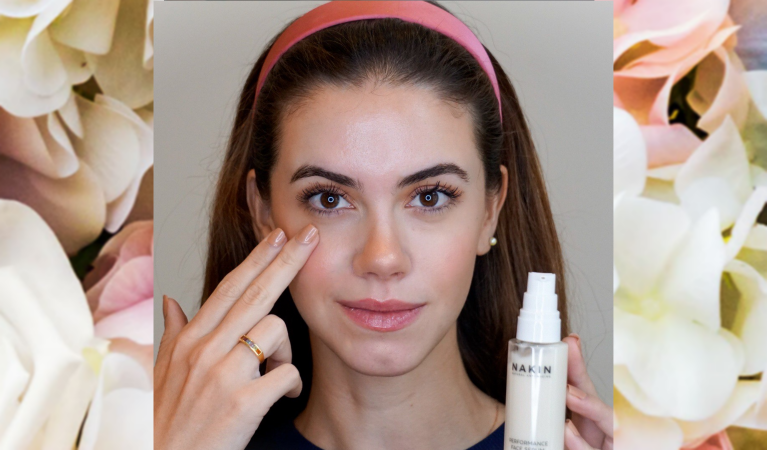Is it OK to use a Face Serum Instead of a Moisturiser?

Face serums and moisturisers are usually both boosting and anti-ageing to the face and neck, and as there can be some overlap in their benefits it is common to wonder if you can use a face serum instead of a moisturiser. It is not something that we usually recommend unless you really only want to use one product after cleansing, and have a serum that you feel also offers some protection properties.
A serum and moisturiser are usually quite different products. In our natural anti-ageing skincare range our Performance Face Serum is designed as an anti-ageing facial treatment for concerns such as deep hydration, lines and dullness, and our natural moisturisers will also help with this but are all about hydration, nourishment and protection from environmental stressors.
Why a Serum Cannot Replace a Moisturiser
Before we dive into the specific reasons why a serum cannot replace a moisturizer, let us first understand what each of these skincare products do.
Serums are concentrated formulations that contain active ingredients aimed at targeting specific skin concerns. They often have lighter textures and can penetrate deeper into the skin compared to moisturisers.
On the other hand, moisturisers are designed to provide hydration and nourishment to the skin while acting as a barrier to lock in moisture. They typically have thicker consistency and work on the surface of the skin.
Now that we have a basic understanding of these two products, let us explore why a serum cannot properly replace a moisturiser.
Different Purposes
Serums and moisturisers serve different purposes in a skincare routine. While serums target specific concerns such as wrinkles, dark spots, or acne, moisturisers provide overall hydration and protection for the skin.
This means that using only a serum without a moisturiser would leave your skin lacking essential moisture and nourishment. On the other hand, relying solely on a moisturizer may not effectively address specific skin concerns.
Complementary Effects
Serums and moisturisers work together to provide complementary benefits for the skin. Serums penetrate deep into the skin to deliver active ingredients, while moisturisers help seal in the moisture and nutrients provided by the serum.
Using both products together can lead to better results than using either one alone. This is why many skincare experts recommend using a serum followed by a moisturiser in your routine.
Different Formulations
Serums and moisturisers also have different formulations that make them suitable for different skin types. Serums are typically water-based, making them ideal for oily or combination skin as they sink in very quickly. On the other hand, moisturisers have a thicker consistency and provide more nourishment, making them better suited for dry or mature skin.
Using both products together allows you to customise your routine and address the specific needs of your skin.
While serums may be highly effective in targeting specific skin concerns, they cannot really replace the essential role of a moisturiser in a skincare routine. Both products serve different purposes and have unique formulations that work together to provide complementary benefits for the skin. By incorporating both a serum and moisturiser into your routine, you can achieve optimal results for healthy, nourished skin. So do not skip steps - it is an essential step in any skincare regimen. Remember, when it comes to caring for your skin, using a combination of products that work together is always the best approach. Take a look at our full range of natural anti-ageing face products online.


Leave a comment